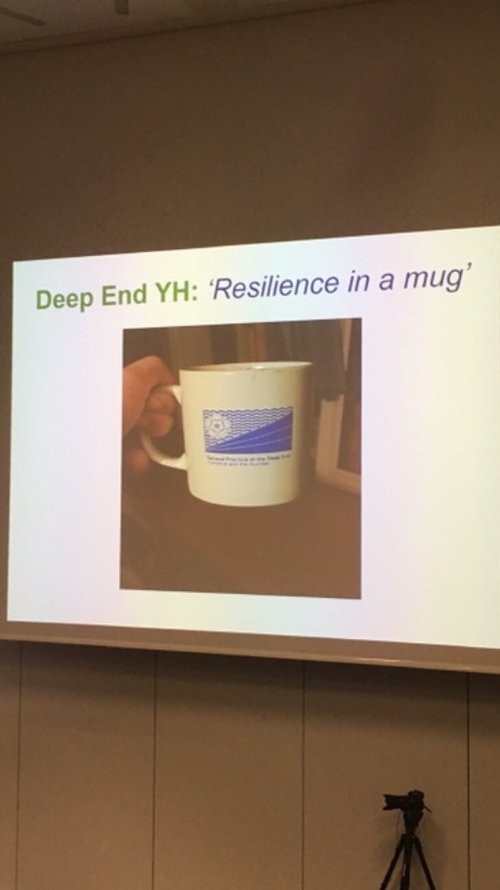There were some incredible opportunities to connect with other like-minded GP’s on an action learning set. It allowed some thinking time to explore problematic areas of practice within our new jobs at newly qualified GP’s and solve ‘wicked’ issues, where the concept of the problem is often difficult to comprehend and understand and the answers often lie in nuanced collective agreement rather than reactionary approaches. The theory is that this approach by sharing problems with like-minded peers with similar professional experience is more likely to result in making meaningful behavioural change and positive action. My session of coaching was almost a well-earned and useful time for reflection on the path I was headed in my early stages as GP.

The Action learning set in Sheffield really provided me with the head space to reflect on my learning as a newly qualified GP. Other GP’s who attended brought other difficulties they were having in practice. These included inter-professional difficulties with the managing partner, perceived workload inequity, payscale differences with another newly qualified GP who had negotiated a higher wage, difficulties in considering how to request more admin time to perform a job description and how to deal with the feeling of not being able to meet the demands of the administrative side of the job with the time made available to do so. I left feeling more able to understand the common difficulties we all face as newly qualified practitioners working in a primary care system under strain from under-funding and from being over-subscribed. I also felt the comfort in understanding the problems others face on a daily basis and how we were able to tackle these as a collective has changed my practice in the way that I am now committed to using this learning style to help solve future ‘wicked’ problems, or tease out problems that I find it difficult to articulate. I will also be able to apply this method of problem solving when working within practice teams and partnerships to work more collaboratively and achieve greater shared understanding.
My coaching session was nothing short of a revelation as it provided insight into my career that I had never really had before. The beauty of the coaching was that little advice was actually offered and in the two hours offered of self reflection and learning I was able to address some of the nagging issues that had previously been concerning me. This was mainly in relation to the feeling I had of inertia within my early career and that I hadn’t set the ‘new’ challenge.
My coaching allowed me to identify what I was feeling was a lack of validation in my new job and a lack of openness with my new practice management team as to how I was settling in and what opportunities I might be able to get involved with. I quickly made assertions to make contact with my mentor to make a mid-year progress meeting to ascertain how the practice thought I was doing (it was better than I thought!) and also to ascertain what opportunities the practice may hold in store for me and my scope of experience. This has taught me the importance personally of ensuring I not only consider my own performance, but I obtain the feedback of others as to how I am getting on to obtain some kind of objective measure which in turn helps drive motivation. As a potential future employer, this is something I have really taken on board and it will change my practice of giving regular feedback to others in my team.
Dr Mathew Fortnam (Trailblazer 2018/19)
